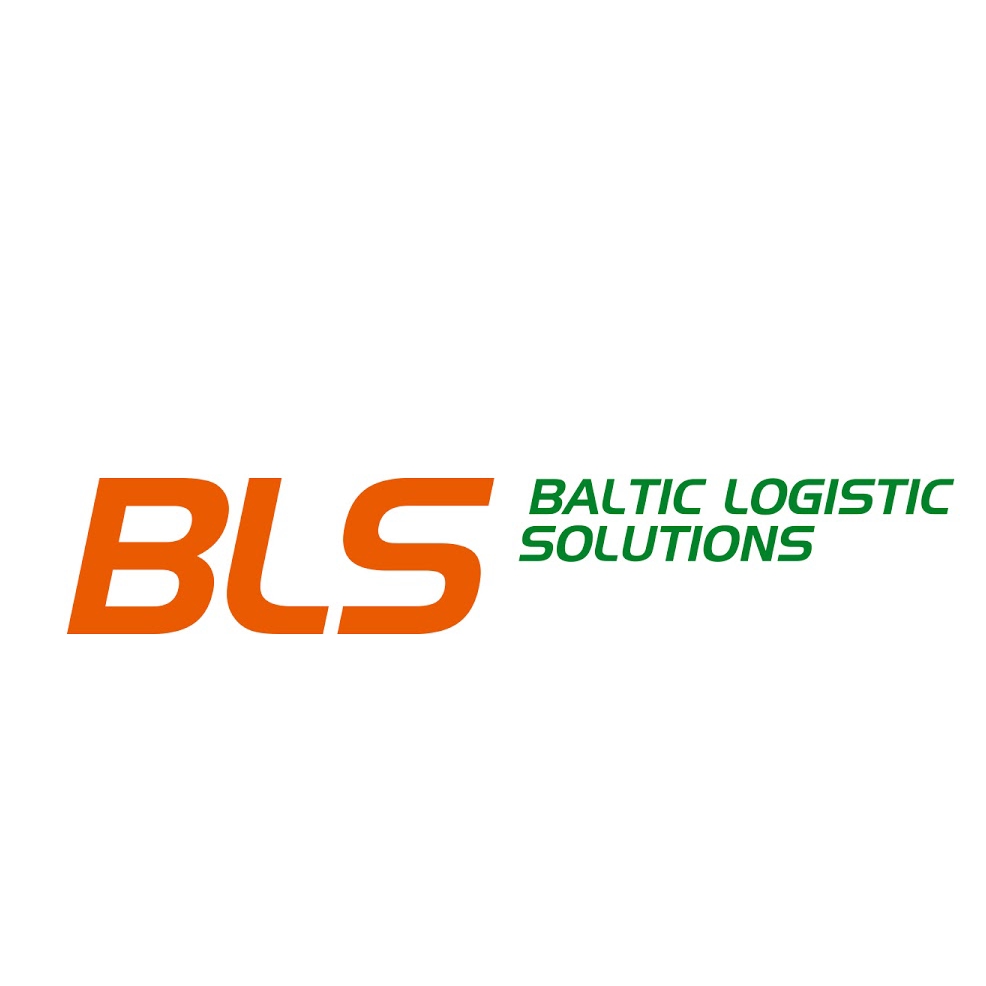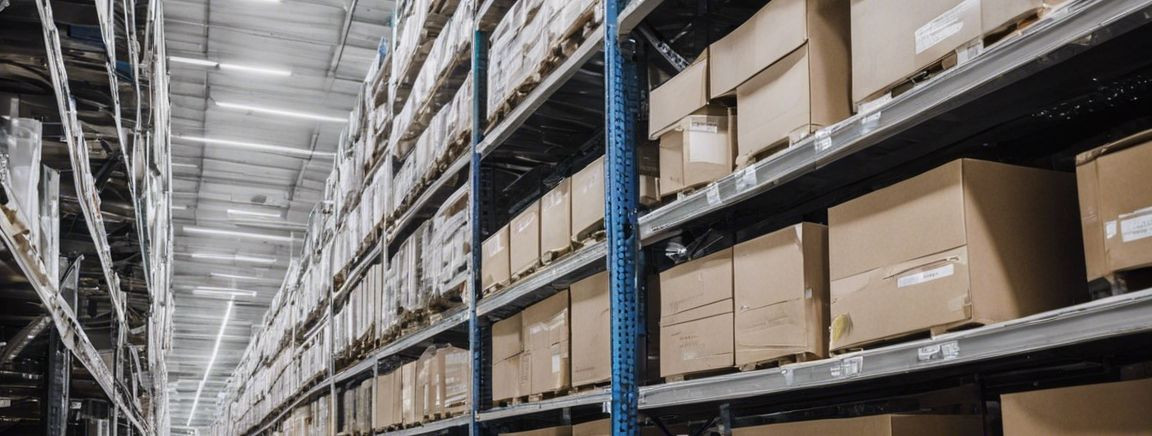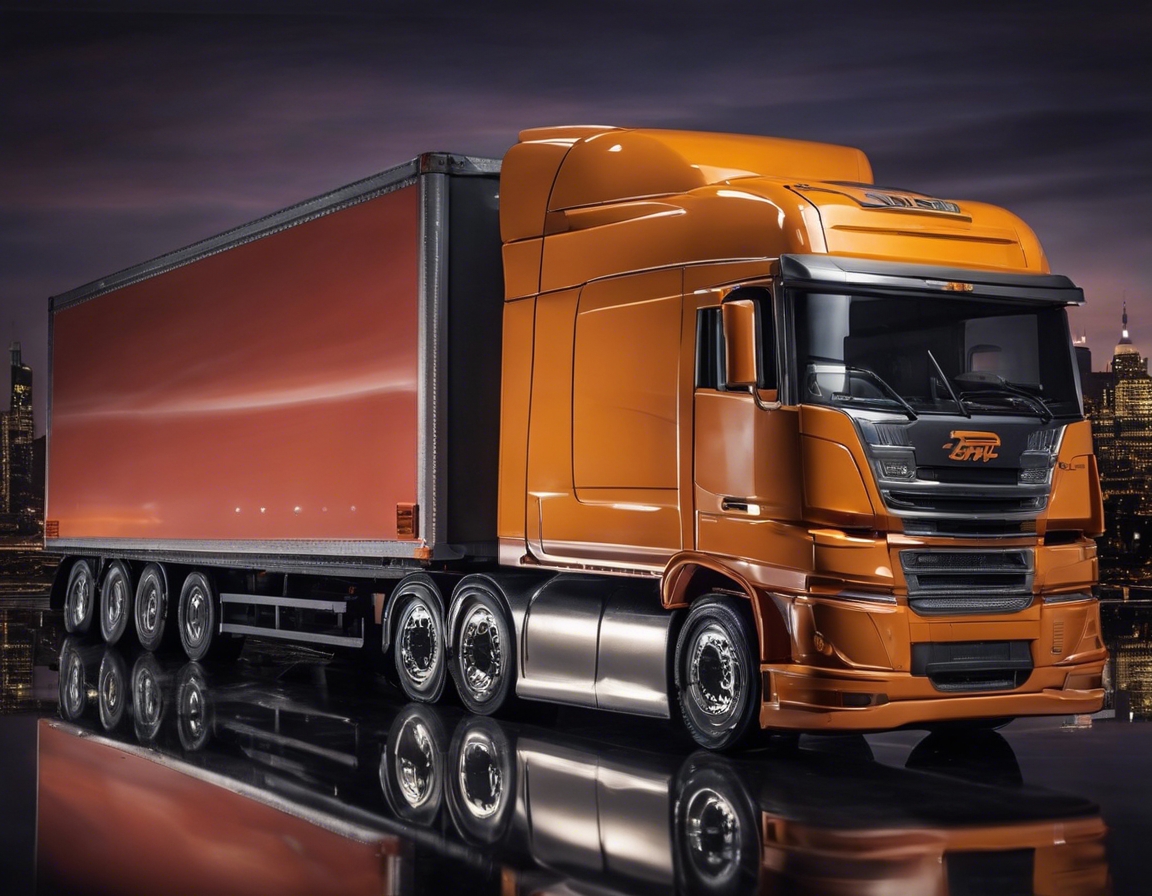The future of freight: trends in european transport
The landscape of European transport is undergoing a significant transformation, driven by technological advancements, regulatory changes, and evolving business needs. As we look to the future, several key trends are emerging that are set to redefine the freight industry.
Europe's freight sector is a critical component of its economy, facilitating the movement of goods across borders and contributing to the seamless operation of international trade. However, the industry faces challenges such as congestion, environmental regulations, and the need for digitalization.
Innovation in freight transport is not just a trend; it's a necessity. Businesses demand more efficient, cost-effective, and sustainable logistics solutions to stay competitive in a global market.
Emerging Trends in European Transport
With the push for cleaner energy sources, electric vehicles (EVs) are becoming more prevalent in freight transport. This shift is expected to reduce emissions and operating costs over time.
The integration of autonomous driving technology and connected vehicles promises to enhance safety, efficiency, and reliability in freight operations.
Rail freight is gaining traction as a sustainable alternative to road transport, offering benefits such as lower emissions and the ability to move large volumes of goods.
Technologies such as the Internet of Things (IoT), artificial intelligence (AI), and blockchain are revolutionizing the way goods are tracked, managed, and delivered.
Companies are increasingly prioritizing sustainability, with a focus on reducing their carbon footprint and adhering to stricter environmental regulations.
The circular economy model, which emphasizes the reuse and recycling of materials, is influencing freight operations and logistics strategies.
Intermodal transport, which combines different modes of transport to optimize efficiency, is expanding as businesses seek more flexible and cost-effective shipping options.
Challenges and Opportunities
As the industry evolves, navigating regulatory frameworks and achieving standardization across countries remain significant challenges.
Developing the necessary infrastructure to support new technologies and transport modes is crucial for the future of European freight.
The demand for a skilled workforce to operate advanced technologies and manage complex logistics operations is growing.
Enhanced collaboration between shippers, carriers, and logistics providers is essential to optimize the supply chain and meet the demands of the future.
Implications for Businesses
Adopting new trends in transport can lead to significant cost savings and efficiency gains for businesses.
Advanced tracking and management systems provide businesses with greater visibility and control over their supply chains.
Forming strategic partnerships with logistics providers can help businesses navigate the complexities of the evolving transport landscape.






Comments (0)